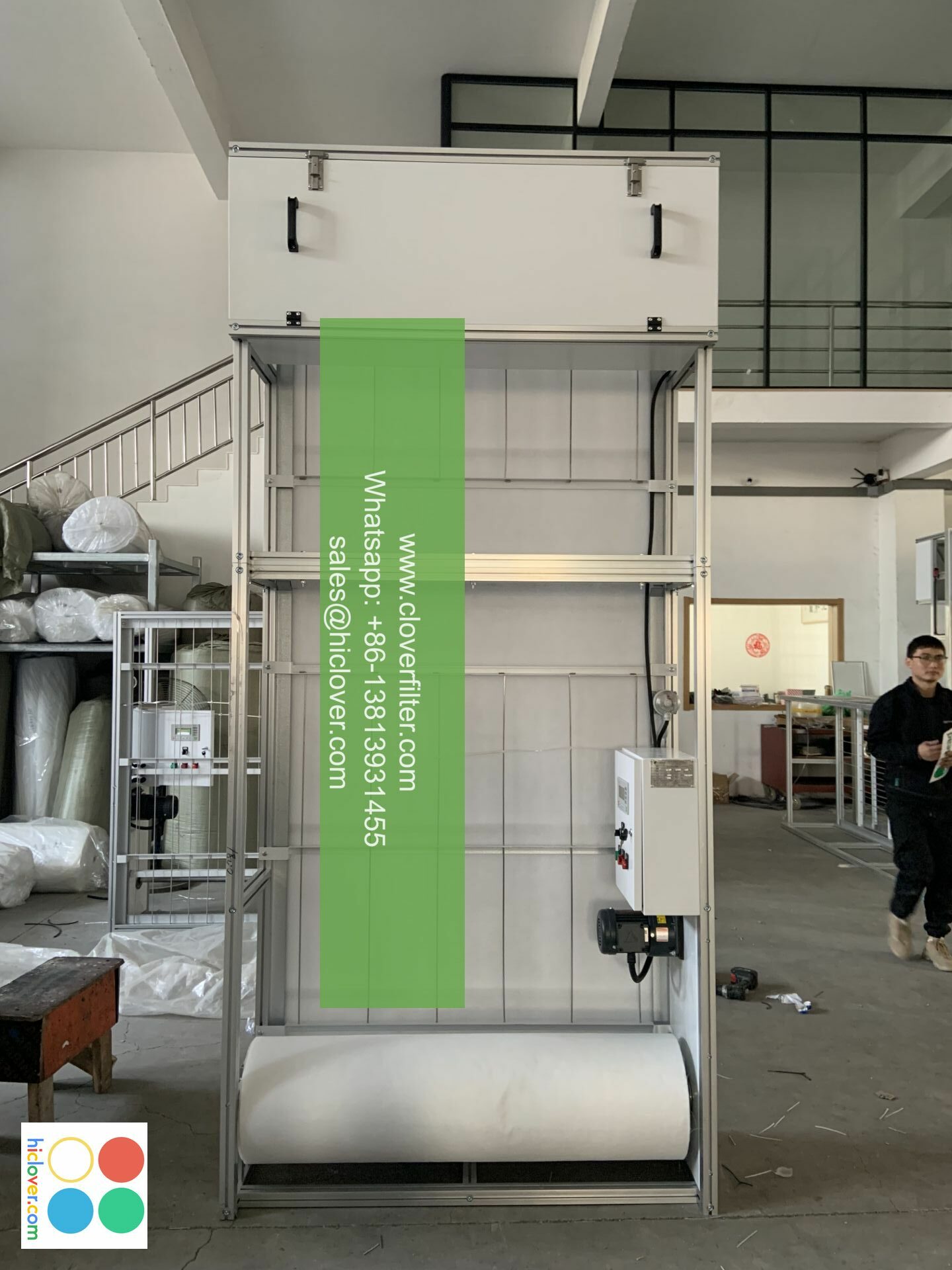The Link Between Air Filter Durability and Respiratory Health

Air filter durability plays a crucial role in maintaining good respiratory health, and it is essential to understand the connection between the two. In this article, we will explore the importance of air filter durability, its impact on respiratory health, and various application areas where high-quality air filters can be used to improve indoor air quality and reduce the risk of respiratory problems.
Importance of Air Filter Durability
Air filter durability refers to the ability of an air filter to maintain its performance and efficiency over time. A durable air filter can effectively capture airborne pollutants, such as particulate matter (PM), nitrogen dioxide (NO2), and volatile organic compounds (VOCs), and prevent them from re-circulating into the air. On the other hand, a low-quality air filter may not be able to capture these pollutants effectively, leading to a decrease in indoor air quality and an increase in the risk of respiratory problems.
Impact on Respiratory Health
The link between air filter durability and respiratory health is well-established. Airborne pollutants can exacerbate respiratory conditions, such as asthma, chronic obstructive pulmonary disease (COPD), and other breathing difficulties. When the air filter is not durable, it can lead to a buildup of pollutants in the air, which can cause respiratory problems, including:
* Asthma attacks: Triggered by exposure to airborne allergens, such as dust, pollen, and pet dander.
* Chronic obstructive pulmonary disease (COPD): Exacerbated by exposure to particulate matter (PM) and other airborne pollutants.
* Respiratory infections: Caused by the presence of airborne pathogens, such as bacteria and viruses.
Application Areas for High-Quality Air Filters
High-quality air filters can be used in various application areas to improve indoor air quality and reduce the risk of respiratory problems. Some of these areas include:
* Residential buildings: Installing high-quality air filters in homes can help improve indoor air quality and reduce the risk of respiratory problems.
* Commercial buildings: Using high-quality air filters in offices, schools, and other commercial buildings can help improve indoor air quality and reduce the risk of respiratory problems.
* Healthcare facilities: High-quality air filters are essential in healthcare facilities, such as hospitals and clinics, where patients may be more susceptible to respiratory infections.
* Industrial settings: High-quality air filters can be used in industrial settings, such as manufacturing facilities and construction sites, to improve indoor air quality and reduce the risk of respiratory problems.
Key Features of High-Quality Air Filters
When selecting an air filter, it is essential to consider the following key features:
* High efficiency: The ability of the air filter to capture airborne pollutants, such as particulate matter (PM) and VOCs.
* Long lifespan: The durability of the air filter, which can help reduce maintenance costs and minimize the risk of respiratory problems.
* Low pressure drop: The ability of the air filter to minimize the pressure drop, which can help reduce energy costs and improve the overall performance of the HVAC system.
In conclusion, the link between air filter durability and respiratory health is well-established. High-quality air filters can help improve indoor air quality, reduce the risk of respiratory problems, and provide a healthier indoor environment. By understanding the importance of air filter durability and selecting high-quality air filters with key features, such as high efficiency, long lifespan, and low pressure drop, we can take a significant step towards improving respiratory health and reducing the risk of respiratory problems. It looks like you didn’t include a prompt. Could you please provide more details or clarify what you would like to talk about or ask? I’m here to help with any questions or topics you’d like to discuss!

